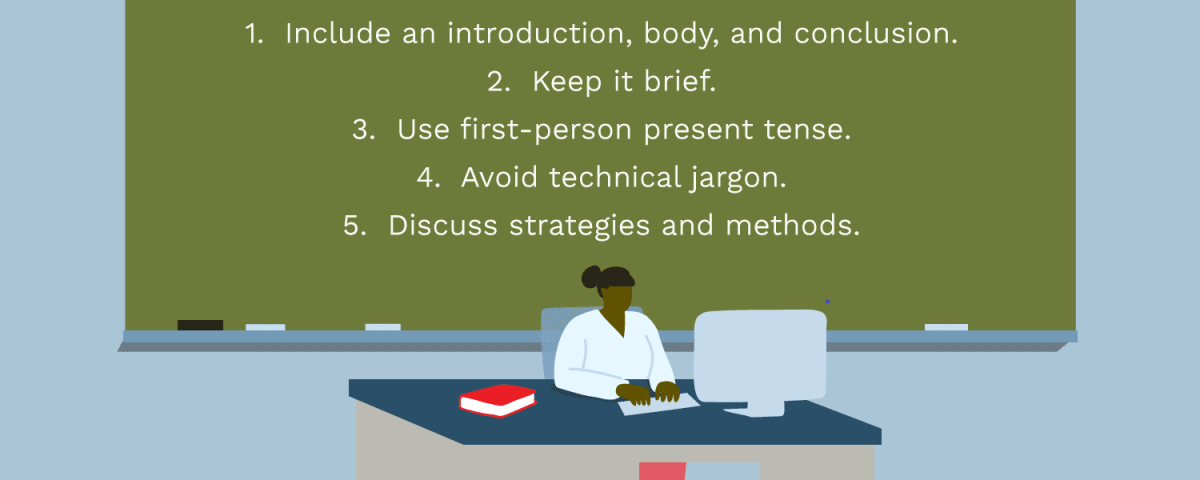- Top Quality Custom Essays
- +1 (628) 201-7932
- eprowriters01@gmail.com
A statement of your personal philosophy of education, which should focus on the purpose of education, which is why education is carried out and not so much how it is carried out
A statement of your personal philosophy of education, which should focus on the purpose of education, which is why education is carried out and not so much how it is carried out

This paper is a statement of your personal philosophy of education, which should focus on the purpose of education, which is why education is carried out and not so much how it is carried out. Your purpose of education is to emphasize the long-range impact you believe education should have on individuals and society—the outcome of education. As you convey your philosophy, you are to focus on its outcome rather than on the methods, practices, instruction, or classroom activities. Those are tools of carrying out your philosophy; therefore, a simple discussion of teaching strategies does not make up your philosophy of education.
As an academic paper, it is to be supported by the body of knowledge in the field, which is to include citations and references to the literature from educational philosophy, psychology, curriculum, and learning theory. Treat this as a position statement, a persuasive paper. Make declarative statements of “ought” and “should.”
Overview
Everyone has a personal philosophy of education. A personal philosophy of education guides approaches to a variety of personal and professional settings. Having explored other educational philosophies, you will now have the opportunity to articulate your own Personal Philosophy of Education. This will help you hone your beliefs and values specifically related to Philosophy of Schools and Learning, Instructional Practice, Teacher-Learner Relationship, Diversity, and perhaps other areas.
Instructions
The format of the paper is to include the sections below with headings that follow current APA format. Following the Title Page:
Introduction
Start with an introduction paragraph. The focus of the paragraph is to introduce the reader to the thesis statement which should be the last sentence of the introductory paragraph. Following this introduction, the remainder of the paper should support and illustrate the main point(s) of the thesis statement.
Philosophy of Schools and Learning
This section should flow smoothly from the previous one and should continue to focus on the “why” of education—the long-range impact you believe schools and learning should have on individuals and society. Save the “how” of education for the next section.
- This is the core part of the paper where you expound more specifically on your thesis statement.
- State what you believe. Don’t feel obligated to embrace a particularly established philosophy. However, you are to situate your beliefs among others by citing ideas that illustrate yours or are in opposition to yours.
- Refer to the knowledge base in teacher education that includes educational psychology, philosophy, and learning theory. Don’t try to cover everything; just identify one or two key theories that might illustrate your own beliefs about the purpose of schools and learning.
- Be cautious about assigning to yourself a label that you do not fully understand. If you don’t understand all that the label entails, you could unknowingly convey inconsistent ideas throughout your paper.
Instructional Practice
This section should flow smoothly from the previous one. Within this section, discuss how learners come to know the truth. What causes learning to occur? (Epistemology)
- Address what you will implement in the classroom, which is the “how” part of education.
- What pedagogical practices, instructional strategies, or methods will you tend to use most frequently? Why?
- What do you hope to accomplish by using these strategies?
- Now would be a good time to go back to the introduction and ask yourself, “Did I address instructional practice in the introduction instead of the purpose/impact of education?” If you did, revise the introduction so that it addresses the purpose of education. Come back to this section to focus on the process of instruction.
Teacher-Learner Relationship
(Remember that the questions listed in this guide are only to stimulate thought. You are not required to answer them systematically. Doing so might make your paper too rigid.)
- What is the role of the learner?
- What is the role of the teacher?
- How should they relate to each other and why?
Diversity
- What diversity factors need to be taken into account by the teacher?
- How do factors of student diversity impact instruction?
- How does your philosophy impact your response to diversity?
Your Choice of Headings (Optional)
You may insert optional headings here to address issues that are important to your philosophy of education. Here are some ideas you might want to consider:
- My calling
- Classroom management philosophy
- Content/subject-area philosophy
- Assessment philosophy
- Parent role and relationship with the teacher
- Current critical issues in education
Conclusion
- Your conclusion should tie in with the introduction so that your paper displays coherence.
- Both the introduction and conclusion should focus on the thesis of the paper, which is to address the purpose/outcome/impact of education (not the process of instruction).
References
Need help with this or similar assignment?
- Tell Us Your Requirements: Please provide us with the specifics of your paper so that we may do our best to personalize it. Select the discipline, word count, format, academic level, and other details on the order form.
- Connect with the Best Writer: Consult and collaborate with an expert and complete your paper on schedule.
- Monitor the progress: Control the work process by checking the completed parts of your document right away. You can easily submit your comments by chatting with your essay writer on our website.
- Download Your Paper: Get your paper written according to your specifications. It is important to note that you only pay for an essay when you are completely satisfied with the outcome. Please provide us your feedback about our collaboration.
About Us
Eprowriters.com, and its afilliate blog Eprowriters.net, is a custom essay writing service that has been providing academic support with great success for more than five years. We are constantly updating our objectives in order to improve the quality of service we deliver and increase client satisfaction. We’ve progressed to an original concept as a result of our success.


